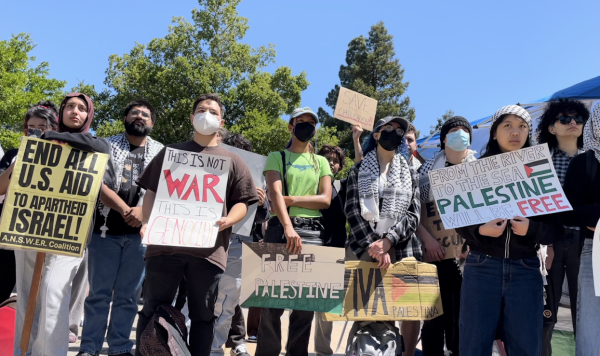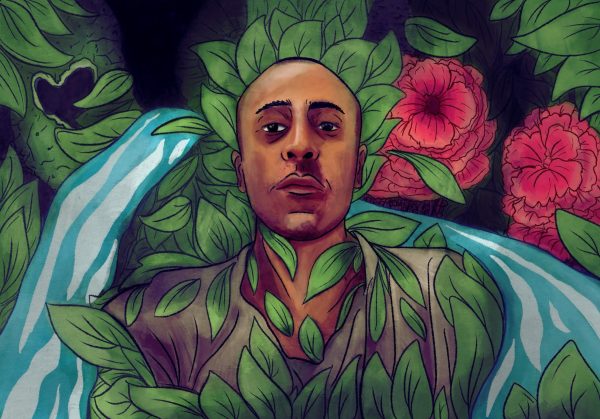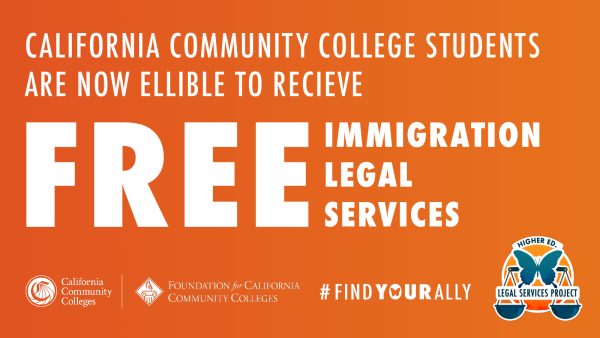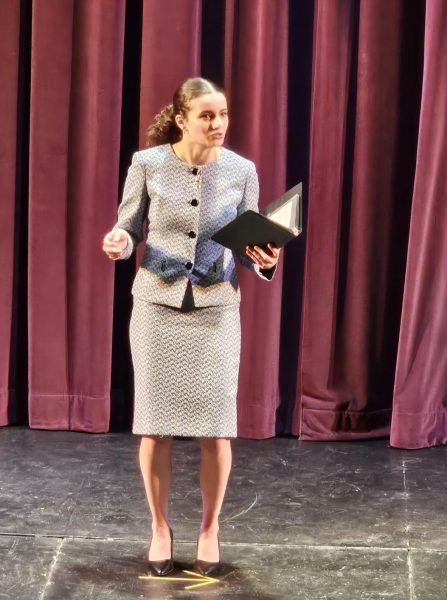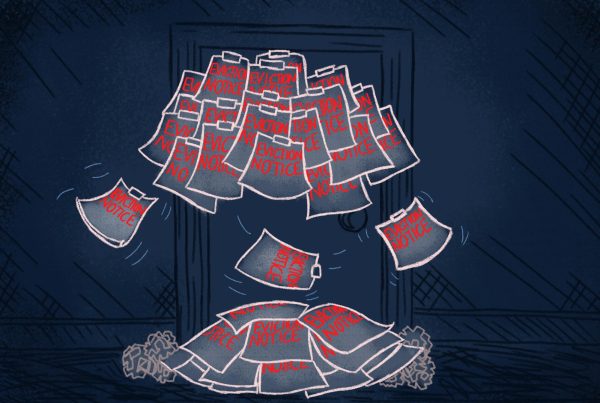College District to Require All Students and Staff Receive Vaccine Starting November 1
Photo courtesy of Flickr.
September 19, 2021
In a unanimous vote on Sept. 8, the Governing Board of the Contra Costa Community College District decided to mandate COVID-19 vaccines for all community college students and staff, joining a growing number of California community colleges that have done the same.
The vaccine mandate, which takes effect on Nov. 1 throughout the district, will include exemptions for both medical and religious reasons. Students will still be able to complete Fall semester courses if they remain unvaccinated. But they will be prevented from registering for any upcoming in-person courses in the Spring 2022 semester and beyond without submitting proof of vaccination against COVID-19.
Diablo Valley College administrators have said they will try to make the transition to vaccinated campus life as easy as possible for students. In a statement issued by the 4CD, and sent out via email, text and on the college website on Sept. 9, the school explained the mandate in detail and announced an incentive of $150 for students who submit their vaccine paperwork before the Nov. 1 deadline.
Also included was a list of COVID-19 test sites run by Contra Costa County, one of which is located in the DVC Pleasant Hill Campus overflow parking lot.
More information regarding vaccine paperwork submission at DVC will be released on October 1, according to the statement.
Reaction to the news by both students and staff has been largely positive. But some have raised concerns about the larger implications that a health mandate could have on student equity and employee rights.
Jeffrey Michels, a DVC film professor and the executive director of United Faculty representing the district’s educators, said the mandate decision will be positive overall for staff and students.
“You have to create physical and emotional safety to be able to teach and learn well,” Michels said, comparing the vaccine situation to Maslow’s hierarchy of needs – a psychological theory which posits that people first need to see their basic physical safety needs met before they can be motivated to learn and grow.
Michels, like many other members of the faculty union, is vaccinated and said the directive represents another step forward keeping the campus safely open. He said staff members are largely in favor of a mandatory vaccine policy, though there is a diversity of opinion among staff.
“We want to come back in person, we want to be open,” he added, so that DVC can return to “all the things that make college feel like college,” from music performances to clubs, in-person lectures and events.
Many DVC students have expressed similar relief about the forthcoming vaccine mandate.
Neda Saleh, a DVC student who works at the Los Medanos College bookstore and serves as a student ambassador in the Transfer and Career Services center, said she feels the mandate is a “natural progression towards a safer opening and getting back to normal.”
Saleh worked throughout the pandemic – including during the many months when the campus remained closed – and said she wishes the 4CD governing board had mandated Covid vaccinations earlier.
She said she has largely felt safe attending her only on-campus class – speech and debate – since the Fall semester started. “Students have been complying with the mask guidelines and naturally distancing themselves,” she said.
But Saleh admits “it felt nerve-wracking at first” as the bookstore filled up with students returning to campus for the first time in over a year. She said that knowing bookstore patrons were vaccinated would give her greater peace of mind.
Jay Kar, a DVC student in the Geographic Information Systems certificate program, agreed that the mandate is a good idea overall, but brought up concerns about student equity.
“I have conflicting feelings, and worry that it could be prohibitive to lower-income or minority students who are still hesitant about the vaccine,” Kar said, citing reports from
The New York Times and others that illustrate the racial gaps in vaccination rates.
She said she also worries that it may be a barrier for some students with a medical or religious exemption to find COVID-19 testing since there is no test site offered through the school or on campus.
“It’s a double-edged sword, but it’s comforting to know that others in close proximity to me will be vaccinated, even with breakthrough cases,” Kar concluded.
Students seeking a COVID-19 vaccine can visit Myturn.CA.gov to find a clinic nearby. Vaccines are readily available for anyone age 12 and older, often with no appointment needed. Vaccines are free, even to those without health insurance, and people do not need to be documented citizens to receive one.
To be fully vaccinated means two weeks must have passed since a person’s second shot, so students hoping to attend classes starting in January will need to begin their vaccine series by late September in order to meet the November 1 deadline.






































































